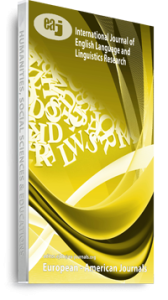This article examines the pragmatics of General Ibrahim Babangida’s Independence Day Broadcasts with particular attention to the speech acts that the speeches are used to perform. It is motivated by the paucity of work on independence day speeches most especially in Nigeria and the need to identify the categories of illocutionary acts performed with the broadcasts in order to enhance a better understanding of the broadcasts. Data were collected via the national archives. The data collected were analysed, using insights from the theory of speech acts. Considering the context in which the broadcasts were given and the communicative intention of the speaker, five categories of illocutionary acts namely; representatives, directives, comissives, expressive and declaration were found to characterize the data. Among these, only the representative and commissive acts were found to be predominant. These could be described as institutional acts associated with independence day broadcasts as a genre of political discourse. The article concludes that reading independence day broadcasts from the speech acts lenses has potency of enhancing a better understanding of the broadcasts.
Keywords: Context, Independence Day Broadcasts Ibrahim Babangida, Pragmatics

